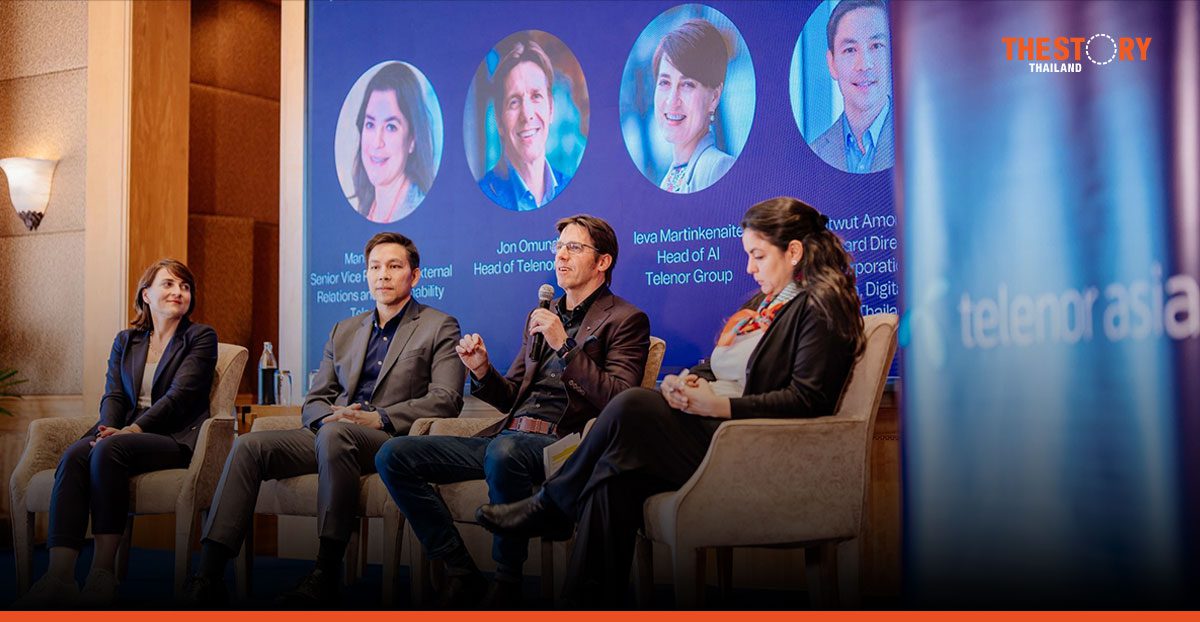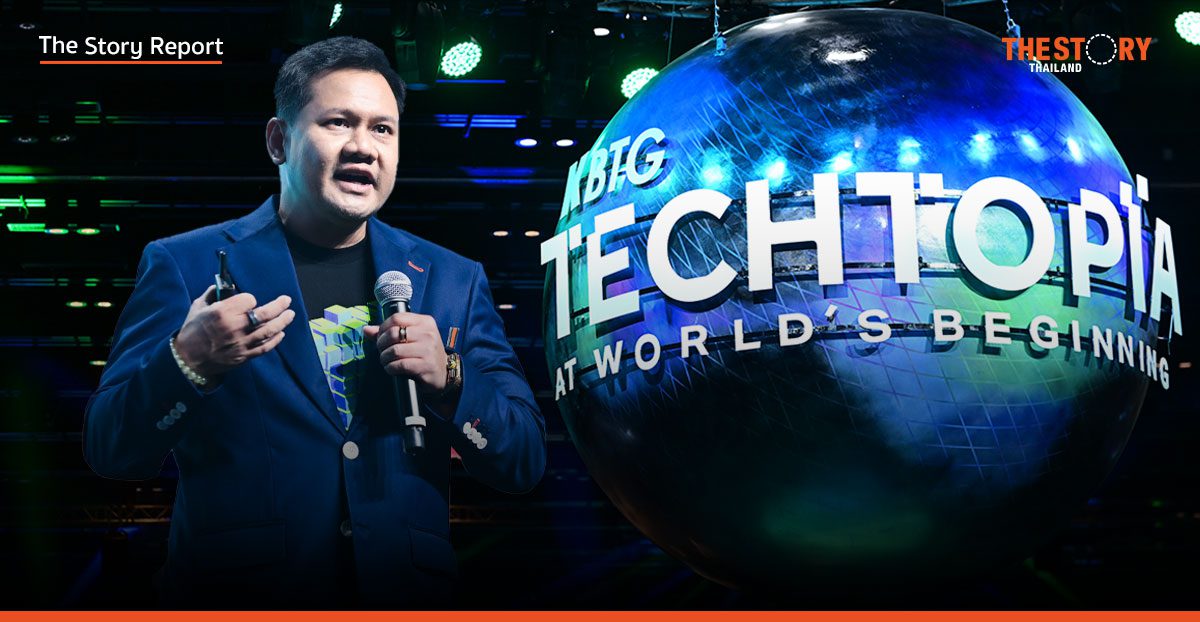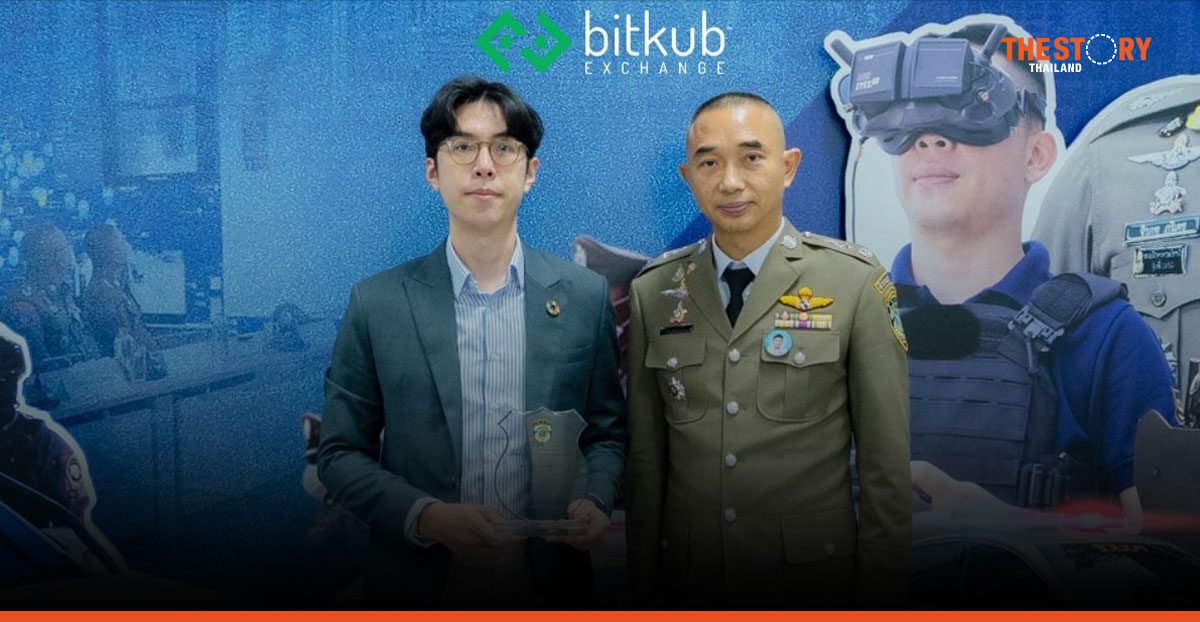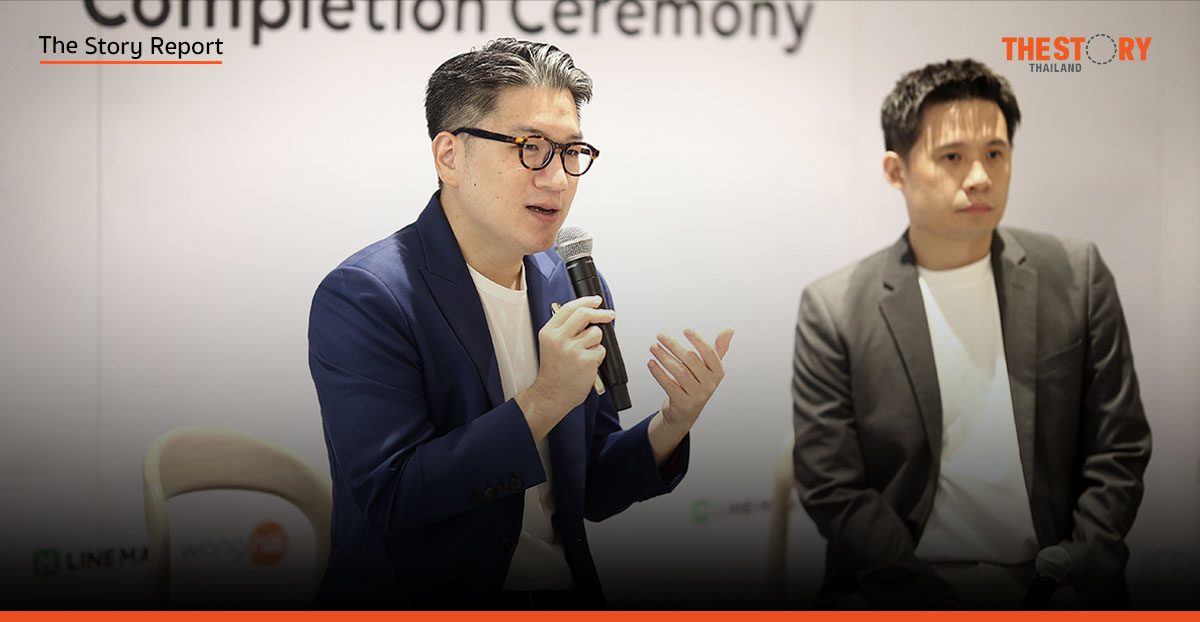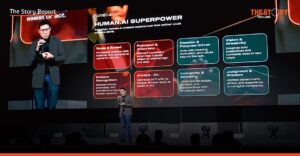Thailand is experiencing a surge in the adoption of artificial intelligence, with nine out of ten internet users now engaging with the technology daily. However, this widespread embrace is coupled with significant caution and a robust demand for ethical governance and human oversight, according to a major new study from Telenor Asia.
The “Digital Lives Decoded 2025” report, based on a survey of 1,000 Thai users, paints a picture of a nation optimistic about AI’s potential but unwilling to sacrifice safety and fairness for innovation. The study reveals a striking paradox, particularly among younger users, who are simultaneously the technology’s biggest proponents and its most discerning critics.
While overall adoption has climbed to 91% from 77% last year, Gen Z stands out. More than 80% of this demographic uses AI tools, yet they are also the most likely to fear its potential to harm society (56%) and to support a pause in development until stronger safeguards are implemented (61%).
“This report reflects a shared optimism about AI’s potential, but how we use it will shape its true impact,” said Jon Omund Revhaug, Head of Telenor Asia. “Connectivity is the foundation, and trust must be built into every layer of the digital ecosystem.”
The demand for control is a sentiment shared across generations. The report found that 61% of Thais trust themselves most to govern the use of AI, a notable shift from previous years where citizens looked primarily to government and institutions for guidance. This call for personal empowerment is especially pronounced in high-stakes areas like employment, with nearly 20% of respondents viewing the use of AI in hiring decisions as “very unfair” without human intervention.
Workplace Adoption Surges Ahead of Corporate Strategy
The professional sphere has seen the most dramatic growth, with the number of Thais using AI at work doubling in the past year to 40%. Employees are leveraging AI for tasks ranging from content creation and data analysis to customer service, and those who do are markedly more confident about their job security.
Despite this grassroots adoption, the report highlights a strategic lag within businesses, as only three in ten users report that their company has an official AI plan in place.
“For companies, these findings highlight that responsible AI is no longer an optional brand value but a core competitive differentiator,” said Dr. Ieva Martinkenaite, SVP and Head of AI at Telenor Group. She stressed that businesses must prioritize ethical data practices and invest in upskilling their workforce to stay competitive.
Echoing this sentiment at the report’s launch in Bangkok, Natwut Amornvivat, a Board Director for True Corporation, stated, “Responsible AI, guided by thoughtful regulation and human oversight, is the key to turning innovation into lasting value for Thai society. This is a shared responsibility.”
As Thais navigate this new landscape, they are actively seeking to improve their own skills, with a majority recognizing prompt engineering (54%) and an awareness of AI ethics (25%) as essential new competencies.
“As Thailand continues to embrace AI, the path forward must be guided by a commitment to responsible use,” concluded Revhaug. “Equipping all users with the skills and knowledge to critically engage with AI is essential. Our commitment remains clear: to support a digital future that is not only smarter but also safer and more responsible for all.”
Banpu reports H1 loss as forex masks operational growth
AI: A survival tool, not a choice, for Thai industries


